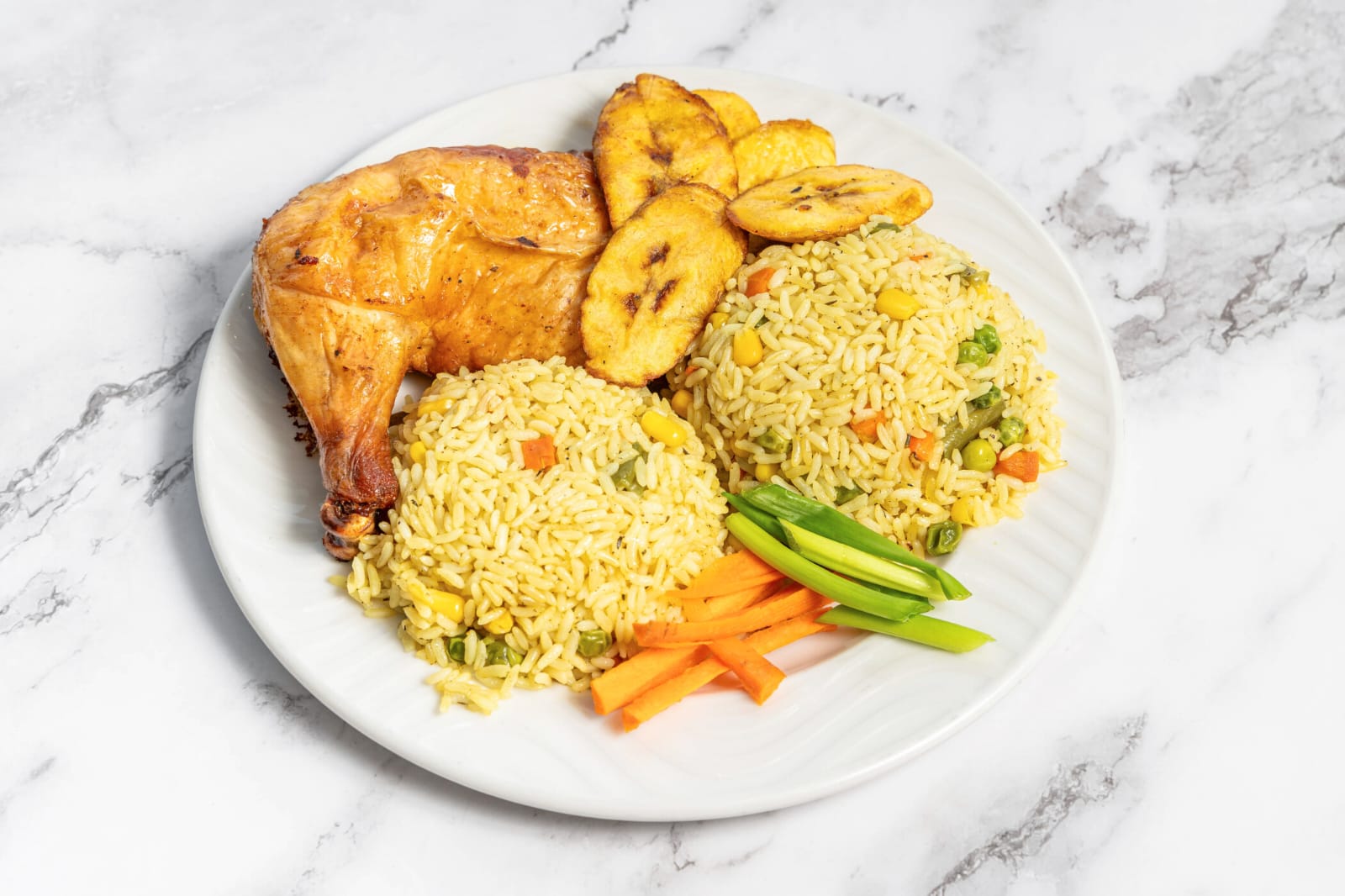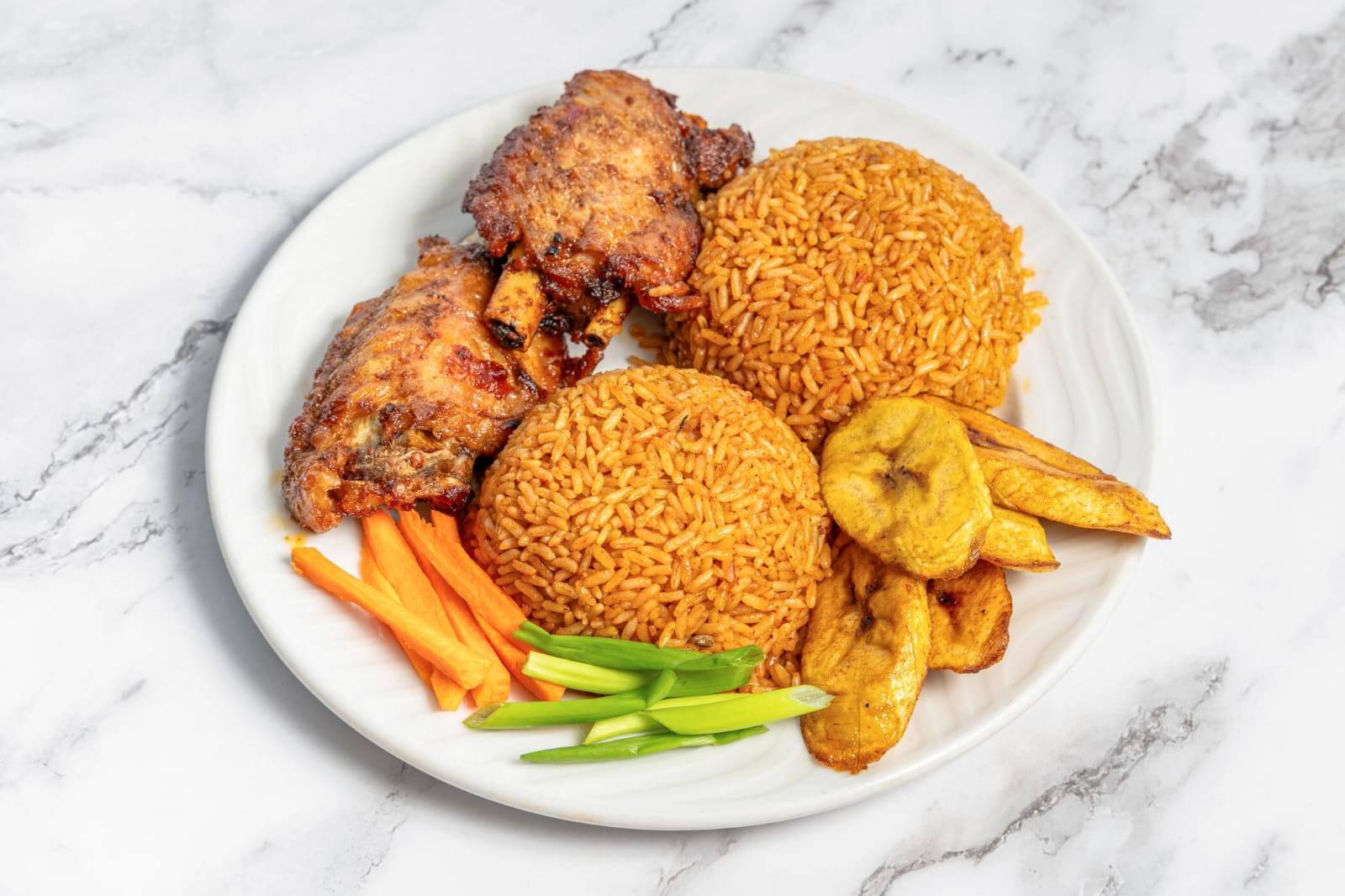
A Guide to Nigerian Spices and Seasonings
A Guide to Nigerian Spices and Seasonings: Understanding the Flavors and Uses of These Essential Ingredients in Nigerian Cuisine
Nigerian cuisine is renowned for its rich and complex flavours derived from a wide range of spices and seasonings. In this blog post, we’ll provide a guide to some of the essential spices and seasonings used in Nigerian cuisine, including their flavour profiles and how they are used in cooking.
Chili Pepper: Chili pepper is a staple in Nigerian cuisine and is used in almost every dish. It adds a spicy kick to soups, stews, and sauces and is often paired with ginger and garlic for a bold and flavorful taste.
Ginger: Ginger is a popular spice in Nigerian cuisine, prized for its warmth and depth of flavour. It’s often used in soups, stews, and marinades for meat and fish dishes.
Garlic: Garlic is a critical ingredient in Nigerian cuisine, adding an aromatic and savoury flavour to dishes. It’s often used in soups, stews, and sauces and pairs well with chilli pepper and ginger.
Onions: Onions are used in various Nigerian dishes, adding a sweet and savoury flavour to soups, stews, and sauces. Depending on the desired flavour profile, they can be sautéed, caramelized, or added raw to dishes.
Turmeric: Turmeric is a spice that is commonly used in Nigerian cuisine, especially in the northern region. It adds a bright yellow colour to dishes and has a mild, earthy flavour.
Suya Spice: Suya spice is a blend of spices used to season meat in Nigerian cuisine. It includes ingredients such as chilli pepper, ginger, and paprika, often mixed with ground peanuts for a nutty flavour.
Maggi Cubes: Maggi cubes are a popular seasoning in Nigerian cuisine, used to add depth and richness to soups, stews, and sauces. They’re made from a blend of spices and can be found in many Nigerian households.
Curry Powder: Curry powder is a spice blend that is commonly used in Nigerian cuisine, especially in dishes that have been influenced by Indian cuisine. It adds a warm and aromatic flavour to dishes and is often paired with coconut milk or yogurt.
Ogiri: Ogiri is a traditional Nigerian seasoning made from fermented oil seeds, such as sesame or melon. It has an intense and slightly bitter flavour and is often used in soups and stews.
Nigerian cuisine is full of complex and bold flavours that are derived from a wide range of spices and seasonings. Understanding the different flavours and uses of these essential ingredients allows you to create authentic Nigerian dishes bursting with flavour and depth. So, go ahead and experiment with these spices and seasonings and discover the many delicious flavours of Nigerian cuisine. Nigerian Food and Culture: How Food Plays a Central Role in Celebrations, Festivals, and Other Cultural Events



